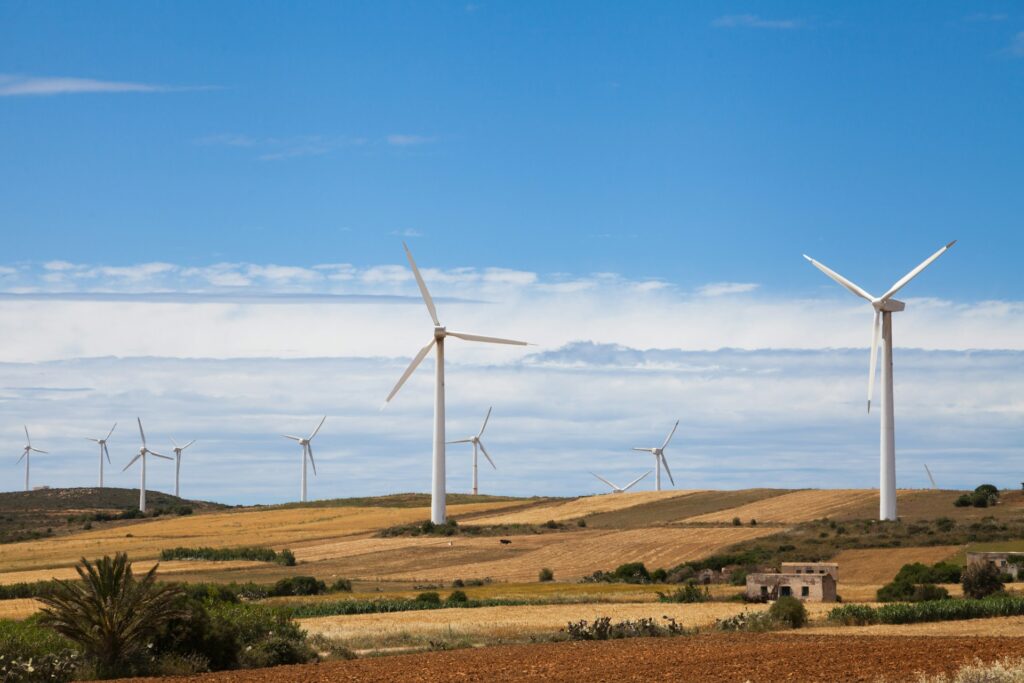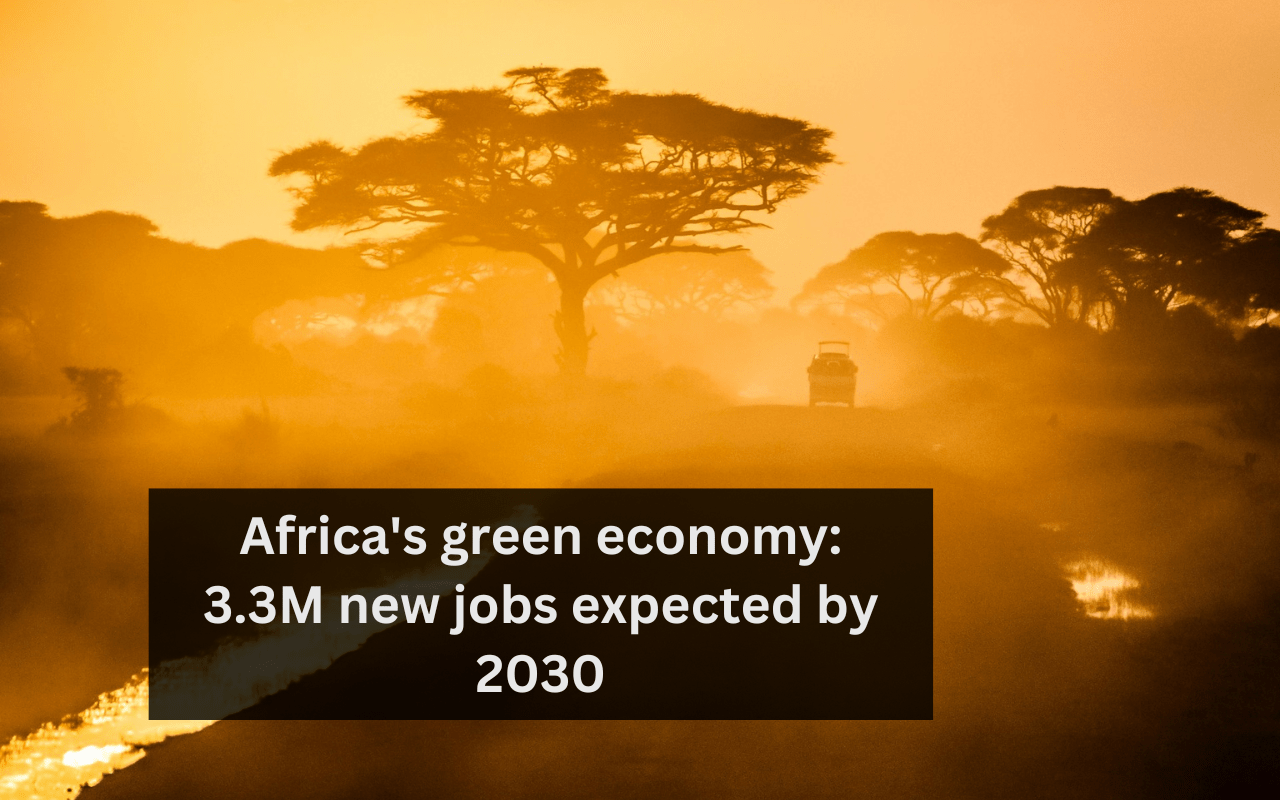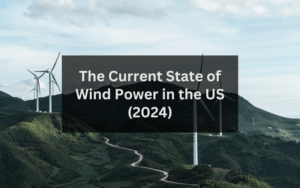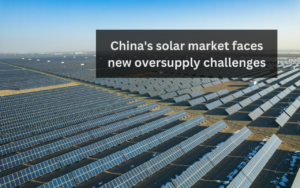Africa’s transition to a green economy is set to revolutionize its labor market with the creation of approximately 3.3 million jobs by 2030, spurred by substantial growth in renewable energy and related sectors. This shift presents a significant opportunity for economic growth and development across the continent.
Unpacking the potential for job creation
A collaborative study by FSD Africa, Shortlist, and Boston Consulting Group highlights the transformative impact that a green economy could have on employment across Africa. The report, “Forecasting Green Jobs in Africa“, identifies solar power as a primary driver, expected to generate a majority of these new roles, particularly emphasizing the potential in countries like Ethiopia, Kenya, and Nigeria.
Skill development and job quality
The shift toward a green economy is projected not just to create jobs but to enhance job quality, providing stable employment opportunities that can foster the growth of a middle class. The report forecasts that 60% of these roles will be skilled or white-collar jobs, including:
- Advanced positions: Requiring university degrees.
- Specialized roles: Necessitating vocational training or certification.
- Administrative jobs: Offering paths to professional growth.
These jobs are expected to support the formalization of economies and bring about inclusive growth through improved systems of remuneration, social security, and taxation.
Strategic investments and policy support
To realize this potential, significant investments in education and training are essential. The report calls for robust collaboration between governments, the private sector, educational institutions, and investors to foster a conducive environment for the growth of green jobs. This includes targeted investments in promising sectors and the development of supportive policies to facilitate the expansion of green industries.
Challenges and strategic responses
Despite the optimistic projections, attracting sufficient investment remains a challenge due to perceived risks and the nascent stage of many green technologies in Africa. The continent currently attracts only a small fraction of global clean energy investments, underscoring the need for enhanced policies and frameworks to boost investor confidence.

Future prospects
The report is a call to action for stakeholders to prepare for imminent growth in the green sector by scaling up training and development initiatives. It emphasizes the importance of equipping Africa’s young and rapidly growing workforce with the skills needed to thrive in an evolving economic landscape.
By embracing these developments, Africa can not only achieve its environmental and energy goals but also catalyze substantial economic development and stability, positioning itself as a leader in global renewable energy innovation.
This detailed focus on green job creation marks an optimistic step in understanding and harnessing Africa’s full potential in the global green economy, ensuring that the continent’s growth is both sustainable and inclusive.
Interested in more renewable energy news stories? You might find the following articles interesting:





